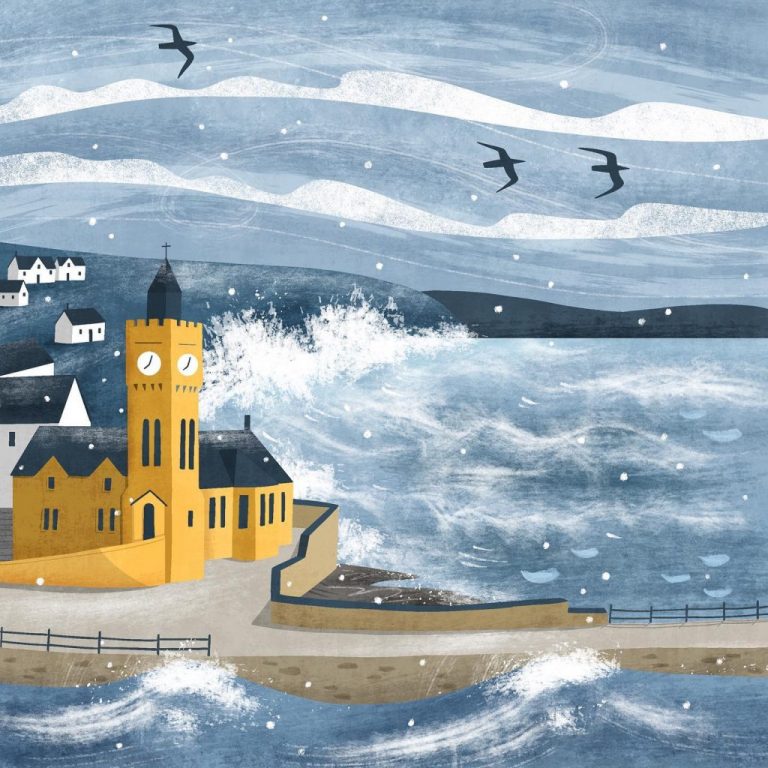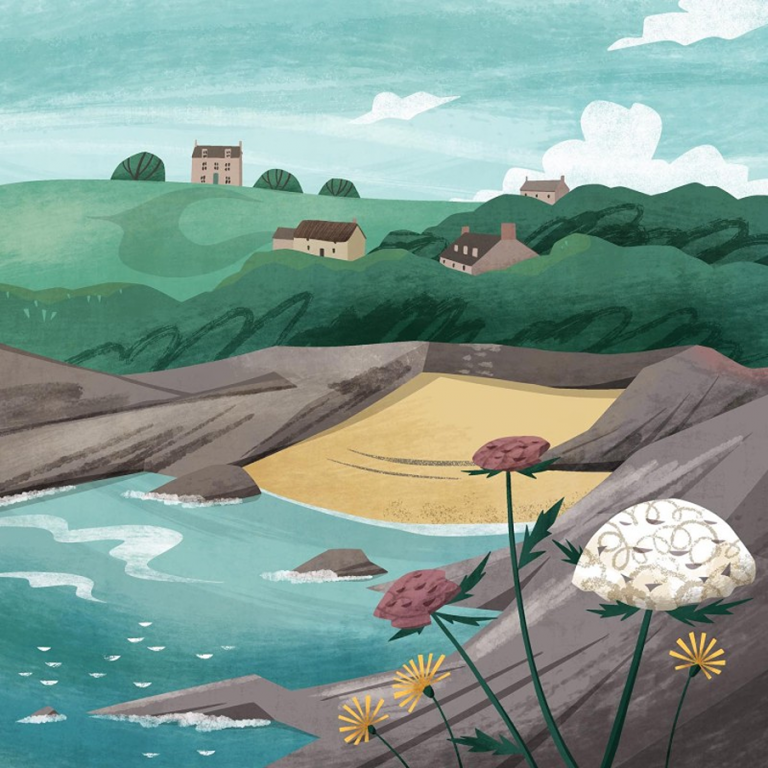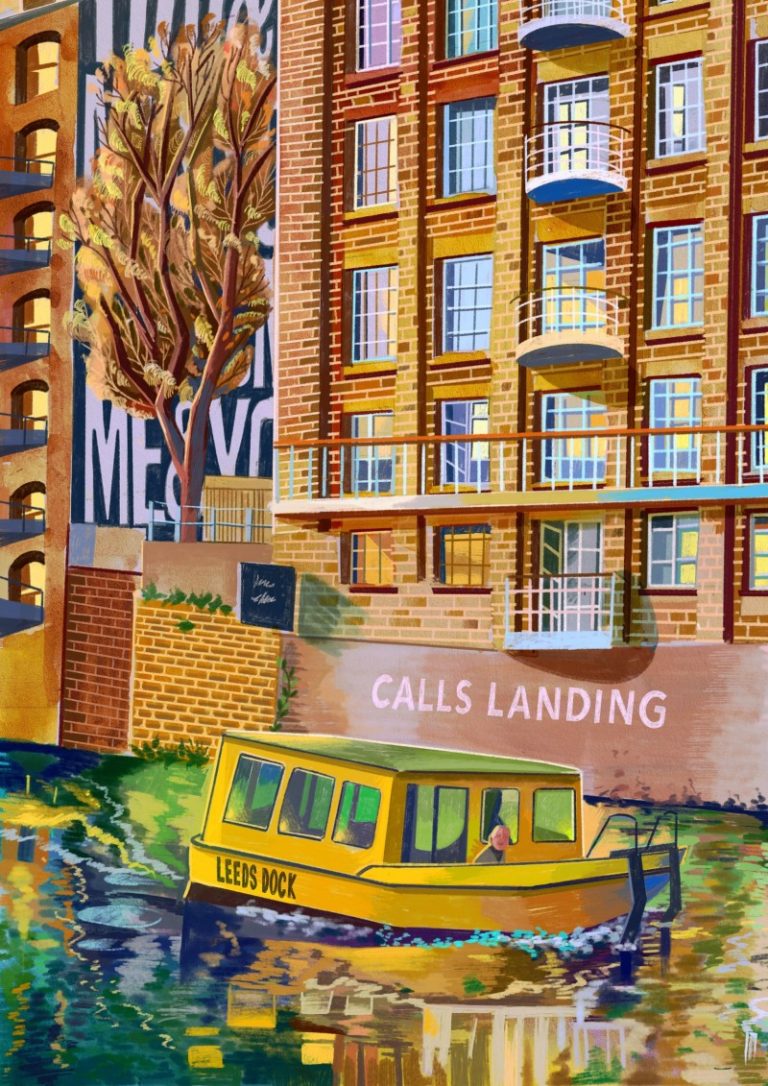
Tucked between Austria and Switzerland, Liechtenstein often goes unnoticed. It’s Europe’s fourth smallest country. There are some things about this tiny country (like being completely ruled by the monarchy) that may not sit right with many of us. And depending on your faith (or none), the Catholic religion does things differently.
But there is no doubt that this little tiny paradise has a lot to teach other countries. You won’t find chain stores and litter and plastic bags and noise pollution nor even crime (the prisons are empty). Let’s look about what Liechtenstein can teach us about community, safety and daily life.
Leadership: A Monarchy That Listens
Liechtenstein is one of the last countries in Europe ruled by a prince. Prince Hans-Adam II and his son, Prince Alois, take an active role in government. They work with a very small parliament called the Landtag, which has just 25 members. The people vote on big issues, yet the royal family also has real power. This set-up keeps the country anchored in tradition but still open to input from local voters.
In theory, our King has many powers, but apart from visiting places to shake hands and spending a colossal amount of taxpayer money, they don’t really get involved in government. They do here.
And it seems to work. Just like the Buddhist kingdom of Bhutan (also ruled by a prince who created a ‘happiness index’ and has banned billboards to Coca-Cola), here the prince uses his non-democratic powers to do good.
In fact, recently there was a referendum whether to keep him. He said that he would leave, if the voters did not want him. But they voted for him to stay, over electing a democratic parliament. Maybe life is so good, they are scared of change!
Tradition at Home: Faith, Community, and Shared Values
Religion is a big part of Liechtenstein daily life. The country is rooted in Catholic values (one prince even had a Pope as his godfather). Unlike in England, churches are still the central part of life. Like it or not, you won’t find atheists or humanist societies here.
To this end, the laws are very different. Abortion and even birth control are still banned (the prince’s daughter has seven children), and values are very much based on the country’s faith.
In the village streets, everyone knows each other. Neighbours lend a hand, and local clubs bring people together. The small population (just under 40,000) makes it feel like a large family more than a country. This close-knit culture brings stability that’s hard to find elsewhere.
Media and Social Life: Small, Selective, and Simple
Despite its wealth, Liechtenstein keeps things simple, even when it comes to TV. There is only one national TV channel (it’s not state-run like China, it’s a private channel and people can still watch Austrian and Swiss channels).
But there are not TVs with 100 rubbish channels full of quiz shows, reality TV and rolling news, like here. The TV channel focuses on local news, culture and public interest stories, and is only run in the evening. During the day, people get outside to enjoy the fresh air, and indulge their favourite pastime of alpine skiing.
Living Safe: Liechtenstein’s Low Crime

The tiny population can’t make a direct comparison. But despite all the police being armed, there is hardly any crime. The prison is nearly always empty.
No Military, Still Secure
Liechtenstein stands out in Europe for not having an army at all. After disbanding its military in the 19th century, it chose neutrality as a guiding principle. Instead of pouring money into armed forces, Liechtenstein builds close diplomatic ties with Switzerland and Austria. This network of trust and friendship gives the country safety without the anxiety that often comes with militarisation.
Once, there was an ‘accidental invasion’ of the country from over the border, which apparently was sorted out, over a bottle of wine!
Liechtenstein’s way feels more like a neighbourhood watch than a fortress. People look out for each other, differences are settled over a chat, and the whole country acts as a united front when small issues pop up. How lovely would it be for other countries and leaders to live like this?
Key lessons:
- Build real trust with neighbours, not just alliances on paper.
- Make safety a group effort, not just the job of police or soldiers.
- Solve problems early and openly so they don’t grow larger.
- Value dialogue and shared responsibility over bigger fences or more patrols.
Wealth, Work, and Geography
When people think of Europe’s richest places, big finance hubs or popular capitals often come to mind. Liechtenstein, though small and almost hidden in the Alps, sits at the top. Its quiet mix of hard work, smart policy, and unique geography has turned it into a model of wealth and stability.
Job Market in a Tiny Country
Liechtenstein’s job market stands out, not just because of how healthy it is, but because of its unusual setup. Each day, about 20,000 commuters cross into Liechtenstein from Switzerland, Austria, and Germany. That might surprise you when you realise the country itself has fewer than 40,000 residents.
The country doesn’t have enough people to fill all the jobs its businesses create. Instead of seeing this as a weakness, Liechtenstein has shaped its rules and culture to welcome skilled workers from outside. The borders open early, and workers pour in, filling offices, banks, and factories dotted between small towns and fields.
Some key points about Liechtenstein’s job market:
- About two-thirds of all workers in Liechtenstein are cross-border commuters.
- Many locals work in advanced sectors like finance, engineering, and precision manufacturing.
- Low jobless numbers and steady pay levels attract talent from across the region.
While most countries stress about jobs leaving or about locals being outnumbered, Liechtenstein treats cross-border work as normal. This daily flow keeps its economy flexible and full of fresh ideas.
How Liechtenstein Builds a Healthy Economy with Limited Land and People
Liechtenstein’s success shows that you don’t need a huge area or a big population to run a stable, rich economy. Instead, the country takes a practical approach:
- Focus on skills and quality, not size. Liechtenstein moved away from traditional farming and focused on value-added industries. Companies like Hilti (tools and building supplies) became global names while still keeping headquarters at home.
- Open the doors for expertise. By letting in workers from nearby countries, Liechtenstein plugs skill gaps, fills factories, and keeps its offices buzzing.
- Keep things stable. Economic policy in Liechtenstein is steady and predictable. Low taxes encourage businesses to set up shop, and the government avoids debt.
The lesson here is clear. Even the smallest places can thrive if they welcome talent, set up simple tax and business rules, and stick to steady, long-term plans.
What Else Helps Liechtenstein’s Economy Stand Out?
It’s not just the open job market or cross-border workers that build wealth. Liechtenstein benefits from a few more things:
- Banks and finance: The country has strict privacy laws and a solid banking sector. This draws in investors and high-net-worth clients from around the world.
- Innovation: Many local firms lead their fields in tech or design, with a focus on quality over quantity.
- Strong euro links: Close ties with the Swiss franc help keep inflation down and prices steady.
Locals and commuters work side by side, each adding a piece to the economic puzzle. No airport means most travellers must come by road or rail, but this hasn’t slowed growth. In fact, it has helped Liechtenstein stay calm and focused, not swept up by mass tourism or rapid change.
Lessons for Other Small Countries or Regions
Liechtenstein’s story gives some clear advice:
- Use your strengths and don’t try to copy larger nations.
- Welcome the right talent, even if that means looking outside your own borders.
- Don’t be afraid to specialise. A small country can do big things in a single area, like banking or engineering.
By seeing its tiny size not as a curse, but as a challenge to solve, Liechtenstein built strong, lasting success. For other countries struggling with limited resources or population, this should offer hope—and a plan worth studying closely.

Bigger is not always better! Read our post on:
Conclusion
Liechtenstein proves that size does not limit what a country or community can achieve. Respecting tradition, building strong ties, and staying safe are at the heart of daily life. Change comes in careful steps, yet locals know when to welcome new ideas.
By making the most of local strengths and keeping decisions close to home, Liechtenstein creates a security and sense of belonging many places only wish for.






